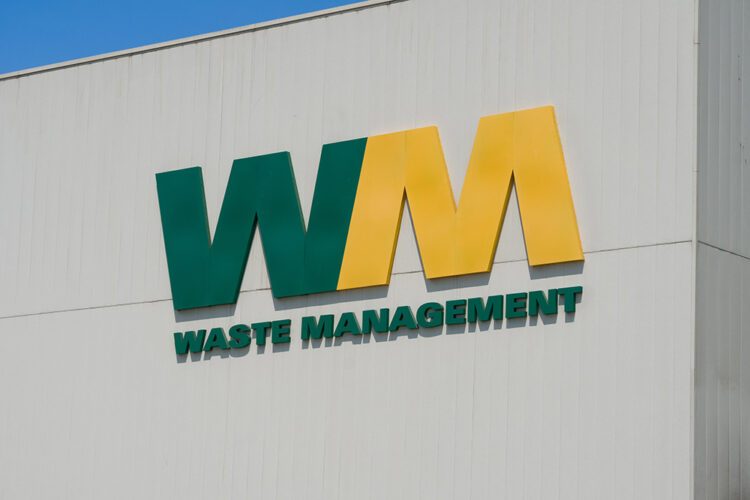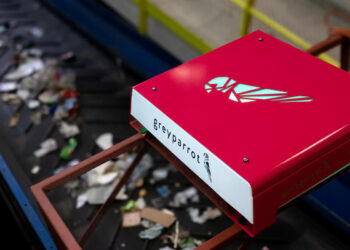WM has finished $23 million in automation updates at its Pittsburgh MRF, increasing the facility’s capacity by 10 tons of material per hour.
An additional optical sort line was also added as a last chance line, increasing the facility’s total number of optical scanners from four to nine. Two ballistic separators were also installed as part of the automation project, WM told Resource Recycling by email. With the upgrades, the facility’s total capacity is 25 tons per hour.
Construction began in September 2023, and the facility reopened in March.
With the changes, the MRF will be able to recycle more types of plastics, including polypropylene plastic bottles, jars, jugs and tubs. The upgrades also introduced “intelligent sorting,” allowing conveyors and optical sorters to communicate with each other and give technicians more information in order to improve material quality.
The Pittsburgh Post-Gazette newspaper noted WM also plans to add a glass cleaning system later in the year.
Chris Pilzer, Capitol area director of sustainable growth at WM, said in a press release that the retrofit “utilizes state-of-the-art equipment that focuses on artificial intelligence and optical sorting technologies that are expected to increase the amount of recycling we can process on behalf of local communities and businesses.”
“It also expands our roster of acceptable materials and creates a higher-quality product for our end users,” Pilzer added.
The upgrade is part of a larger company plan to invest over $1 billion in new and upgraded recycling facilities in North America from 2022 to 2026, which will add 2.5 million tons of annual processing capacity in total. WM also recently completed upgrades in Wisconsin.























